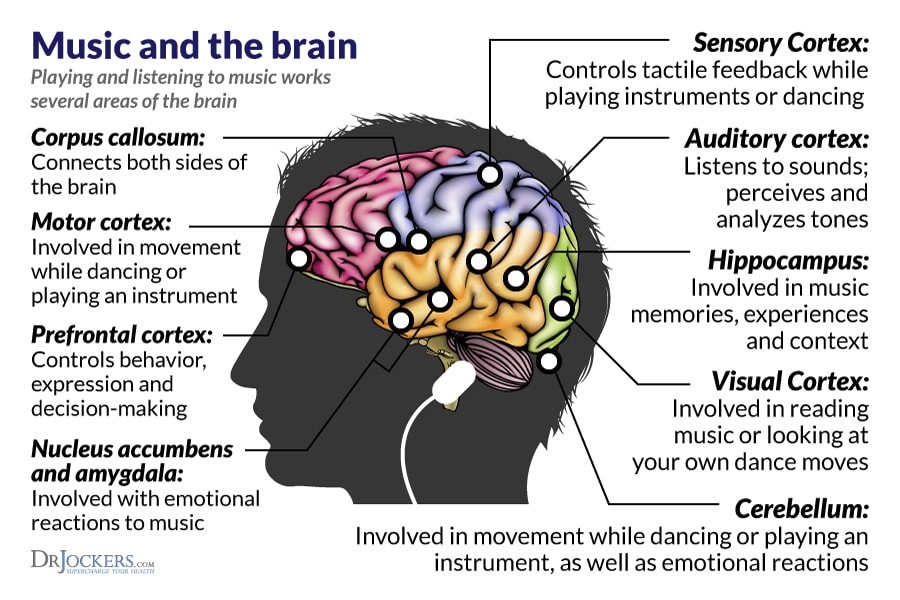
Have you ever experienced a pleasant shiver running up your spine while listening to music? If so, you might possess a distinctive brain structure that sets you apart from others.
This intriguing phenomenon caught the attention of Alissa Der Sarkissian, a research assistant at the University of Southern California's Brain and Creativity Institute. She noticed this sensation while listening to Radiohead's "Nude," describing it as a heightened awareness of both the song's emotions and her body's response.
Intrigued by this experience, Der Sarkissian and her colleague Matthew Sachs, a PhD student at USC, decided to investigate the neurological differences between those who experience music-induced chills and those who don't.
Their groundbreaking research, published in Social Cognitive and Affective Neuroscience, revealed fascinating insights into the brains of music enthusiasts who experience these spine-tingling moments.
The study found that individuals who get chills from music have a higher number of neural fibers connecting their auditory cortex to areas of the brain responsible for emotional processing. This enhanced connectivity allows for more efficient communication between these regions, resulting in a more intense emotional experience when listening to music.
Sachs, the lead researcher, explained that this increased efficiency in neural processing leads to a more profound emotional response to music in these individuals.
What makes this discovery particularly intriguing is that there's no apparent evolutionary advantage to experiencing music so intensely. However, this finding may offer insights into the deep-rooted connection between music and human emotions across cultures.
The researchers suggest that this neural architecture could explain why music is such a universally cherished art form. They propose that music's ability to directly engage emotional and social processing centers in the brain through auditory channels may contribute to its status as an indispensable cultural artifact worldwide.
This research not only sheds light on the unique brain structures of those who experience music-induced chills but also opens up new avenues for exploring the evolutionary origins of human aesthetics and our profound connection to music.
So, the next time you feel a shiver down your spine while listening to your favorite song, remember that your brain might be wired in a special way, allowing you to experience music on a deeper, more emotional level than others.